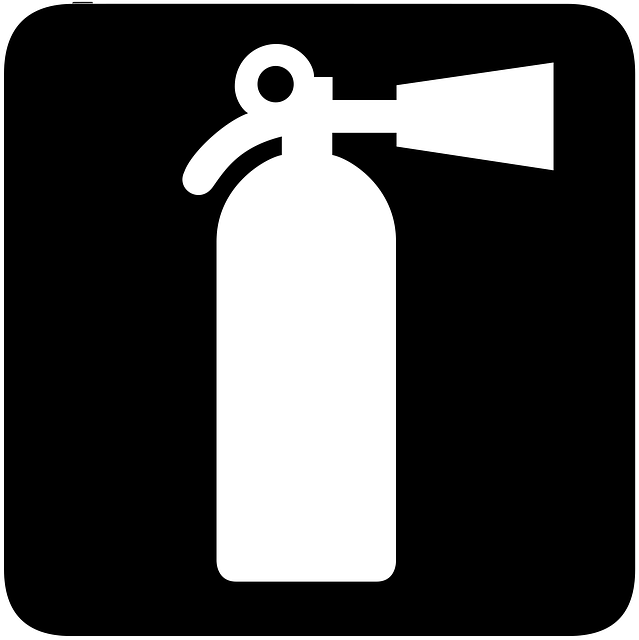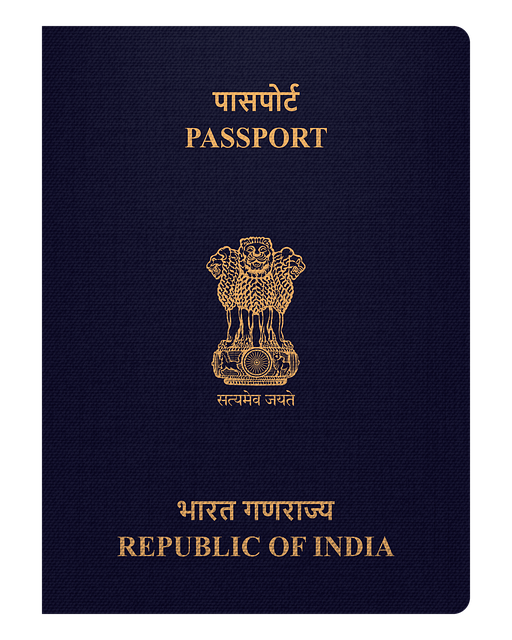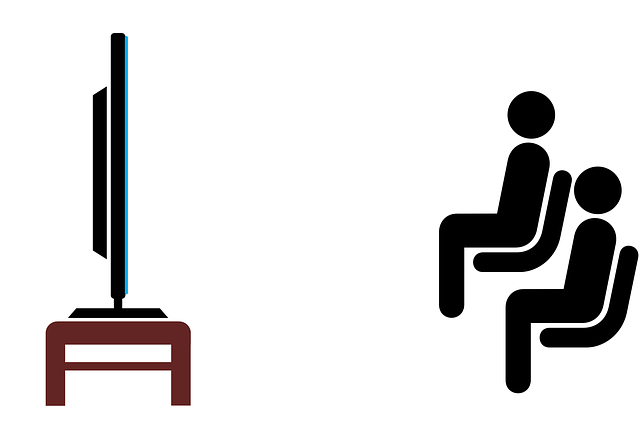Robust background checks in hospitality (hospitality employee screening) are vital for safe workplaces, mitigating risks of unethical behavior and ensuring customer satisfaction. Digital tools streamline verification processes while respecting privacy rights. Comprehensive checks include criminal records, employment history, education, and references to prevent hiring unqualified or dangerous individuals, fostering trust and safety among employees and guests.
In the dynamic realm of hospitality, hiring the right staff is paramount. Background checks, or background screenings, play a pivotal role in ensuring qualified individuals enter your workforce. This comprehensive guide delves into the significance of rigorous screening processes for hospitality employee screening. From understanding essential legal considerations to leveraging technology, we explore effective strategies to identify top talent and prevent unqualified candidates from gaining access to sensitive roles, ultimately enhancing operational efficiency in the hospitality industry.
- Understanding the Importance of Screening
- Types of Background Checks in Hospitality
- Identifying Red Flags During Interviews
- The Role of Technology in Employee Screening
- Legal Considerations for Background Checks
- Enhancing Hiring Efficiency with Effective Screening
Understanding the Importance of Screening

In the competitive hospitality industry, hiring qualified staff is paramount for success. However, without robust screening processes, businesses risk employing individuals who may lack the necessary skills or have detrimental backgrounds. This is where background checks in hospitality come into play as a vital tool to ensure safe and secure workplaces.
Effective screening involves thorough verification of applicants’ identities, employment history, criminal records, and references. By conducting these checks, hospitality employers can mitigate potential risks associated with unethical behavior, violence, or past criminal activities. It also helps in upholding the reputation of the establishment by fostering an environment of trust and safety for both employees and guests.
Types of Background Checks in Hospitality

In the competitive hospitality industry, ensuring a qualified and capable workforce is essential for any business’s success. This is where thorough background checks play a pivotal role in hospitality employee screening. These checks go beyond basic qualifications and experience, delving into various aspects of an applicant’s history to mitigate risks and ensure a safe working environment.
There are several types of background checks in hospitality, each designed to uncover different information. These include criminal background checks to verify any prior convictions or pending charges, education and employment verification to confirm the validity of degrees and previous work experience, and reference checks to gauge an applicant’s performance and character from past employers. Additionally, some hotels and restaurants may conduct credit checks to assess financial stability and potential issues that could impact their business.
Identifying Red Flags During Interviews

During interviews, paying close attention to potential red flags is essential in the hospitality industry where customer satisfaction is paramount. Unqualified candidates may exhibit various warning signs, such as a lack of knowledge about basic hospitality standards or an inability to communicate effectively. Background checks in hospitality play a crucial role here; they help verify the information provided during interviews and uncover any discrepancies or hidden issues.
For instance, checking references can reveal a candidate’s past performance and work ethics while criminal background screenings ensure the safety of both employees and guests. By thoroughly screening candidates, hospitality businesses can prevent hiring individuals with poor reputations or a history of misconduct, ensuring a safe and positive work environment.
The Role of Technology in Employee Screening

In today’s digital era, technology plays a pivotal role in enhancing and streamlining the process of employee screening, particularly within the competitive hospitality industry. Online background check platforms offer efficient solutions for employers seeking to vet potential candidates quickly and accurately. These tools utilize advanced algorithms and data analytics to verify employment history, education, and even criminal records with unprecedented ease. By leveraging such technology, hospitality businesses can navigate the vast sea of applicants, ensuring they identify and hire only qualified individuals who meet their specific needs.
The integration of digital screening methods has revolutionized hiring practices in hospitality by providing a more comprehensive view of candidates beyond what’s presented on a resume. This includes access to previous employers’ feedback, performance evaluations, and sometimes even social media activity (with consent), allowing employers to make informed decisions. As the hospitality sector continues to evolve, adopting these technological advancements in employee screening will remain crucial for maintaining high standards, fostering safe working environments, and ultimately ensuring guest satisfaction.
Legal Considerations for Background Checks

Background checks are an essential component of hospitality employee screening, but they come with legal considerations that must be taken into account. Many countries have strict regulations governing the types of information that can be accessed and used in hiring processes, with a focus on protecting individual privacy rights. These laws vary by region, but generally, employers must obtain written consent from applicants before conducting background checks, ensuring transparency about the process and its purpose.
When it comes to hospitality industries, background checks should cover relevant criminal history, previous employment records, and references to verify the candidate’s qualifications and character. Employers must be mindful of the information they seek and how they use it, as discriminatory practices based on certain factors, such as age, race, or disability, can lead to legal repercussions. Adhering to these legal considerations ensures fair hiring practices while maintaining a safe and reputable work environment in the hospitality sector.
Enhancing Hiring Efficiency with Effective Screening

Effective hiring processes are crucial for any business, especially within the dynamic and competitive hospitality industry. One of the most significant strategies to enhance hiring efficiency is through robust background checks in hospitality. These checks act as a filter, ensuring that only qualified and suitable candidates make it to the interview stage. By verifying their work history, qualifications, and references, employers can save time and resources by identifying potential red flags early on.
Hospitality employee screening goes beyond simple resume review. It involves a systematic approach to assess each candidate’s suitability for the role. This includes checking criminal records, verifying educational credentials, and assessing relevant experience. Such meticulous screening not only prevents unqualified individuals from being hired but also contributes to building a dedicated and competent workforce, which is essential for delivering exceptional customer experiences.






